Hrithik Roshan's yet-to-be-released film Super 30 has walked right into Bollywood's age-old debate on racism and class-caste stereotypes with the fair-skinned actor transitioning to tones of brown, apparently in keeping with his deglam role as a grassroots teacher from Bihar.
The 'colour coding' is not new in formulaic cinema with numerous examples over the decades of Bollywood mistaking stereotyping with realism and using various shades of brown to portray those grappling with caste and class divides -- remember Sunil Dutt as the angry young farmer in Mother India and, six decades later, Alia Bhatt as a labourer in Udta Punjab.
Fair-skinned actors both who were dabbed with tan makeup in an effort to be authentic.
Clearly, the passage of time made little difference to the cliche that fair equals upper class and success and dark skin denotes working class.
Sociologist Sanjay Srivastava believes the stereotype has always existed in cinema where a dark skin tone is associated with people who are on the lower rung of caste and class.
"In the west, there is 'black face' where white actors opt for exaggerated stereotypes but it is criticised severely there. In India, fair skin tone is aspirational while dark skin tone is associated with people who are lower on the caste and class hierarchy and popular culture just perpetuates this stereotype.
"This is why youngsters appearing for interviews use fairness creams because somehow they believe fair skin colour represents a value. There is not much outrage because people are used to this discrimination," Srivastava told PTI.
The conflict is back with Super 30, a biopic on Anand Kumar, a mathematics teacher from Bihar who opened a coaching institute to help underprivileged students prepare for competitive exams, set for release on July 12.
The film has been in the news for all the wrong reasons but what has upset people from the state the most is Hrithik's fake accent and his 'brown face' because that's how Bollywood thinks people from Bihar look.
Many cinema enthusiasts say the actor could have played the character without being made to look so brown.
"People need to understand that Biharis don't live in coal mines. Most have access to soap and face wash," a PhD student pointed out on social media.
"I like Hrithik but that brown face. So if an actor puts up a brown face makeup that automatically makes him/her poor well done Bollywood. #Super30," another social media user wrote.
Many others agreed.
"I was excited for #Super30 initially but the trailer just gave me all the reasons to not watch it. That Bihari accent just doesn't suit Hritik & that brown face! Mahn even the actual guy ain't that brown," added another critic.
If the makers are so particular to make the actor look the part, they can just as well choose another person to play the role.
In this case, director Vikas Bahl could have chosen Pankaj Tripathi, who hails from the state and plays a role in the film, point out some on social media.
"Super 30 is a movie in which Hritik Roshan is playing a teacher from Bihar...and Pankaj Tripathi is dancing," a social media user pointed out the irony while juxtaposing Tripathi and Kumar's faces, which bear some similarity.
Hrithik is not the first actor to be hit by the 'brown face makeup syndrome' in an attempt to make him look like a commoner.
Most recently, Ranveer Singh appeared shades darker than what he is in real life to represent an up and coming rapper from a Mumbai slum in Zoya Akhtar's Gully Boy.
In an interview, Zoya defended Ranveer's tan saying that's how the actor looked as he had come from a tropical vacation.
Then there is Udta Punjab, which had Alia playing a Bihari labourer working in the fields of Punjab. The filmmakers used the old ruse and darkened her skin tone in a bid to make her look the part.
As a mirror of society, and therefore the racism that underscores it, mainstream Hindi cinema has done this often. In many cases, a dark skin tone is not just taken to depict the working or the lower classes but also as the antithesis of the good, fair and handsome protagonist.
In the award winning Fashion, Priyanka Chopra plays a high-strung supermodel who is unable to cope with the rigours of fame and becomes an alcohol and a drug addict. But the turning point for her comes only when she wakes up to find herself next to a black man. It's only then that she realises the horror that her life has become.
Parallel cinema, too, surrendered to this fair-dark stereotype with greats like Shabana Azmi and the late Smita Patil, both dusky, being considered most suitable for characters in films on rural and urban angst of the working classes.
"Stereotypes regarding class and caste which have been popularised through ads, TV and cinema, and about fairness being about success... most people do not find this offensive as there is no widespread condemnation in public discourse," Srivastava said.
There are many exceptions, of course,
In Pad Man, for instance, a biopic on Arunachalam Muruganatham, a social entrepreneur from Tamil Nadu who introduced low cost sanitary pads, Akshay Kumar plays the title role with no artifice. He is as he is.





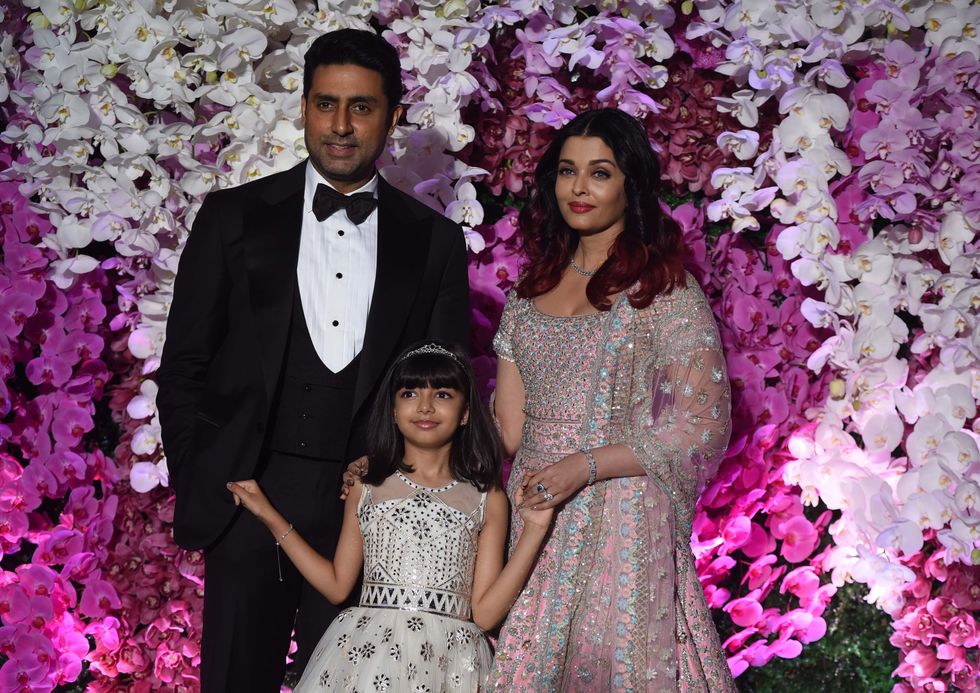 Aaradhya Bachchan has no access to social media or a personal phoneGetty Images
Aaradhya Bachchan has no access to social media or a personal phoneGetty Images  Abhishek Bachchan calls Aishwarya a devoted mother and partnerGetty Images
Abhishek Bachchan calls Aishwarya a devoted mother and partnerGetty Images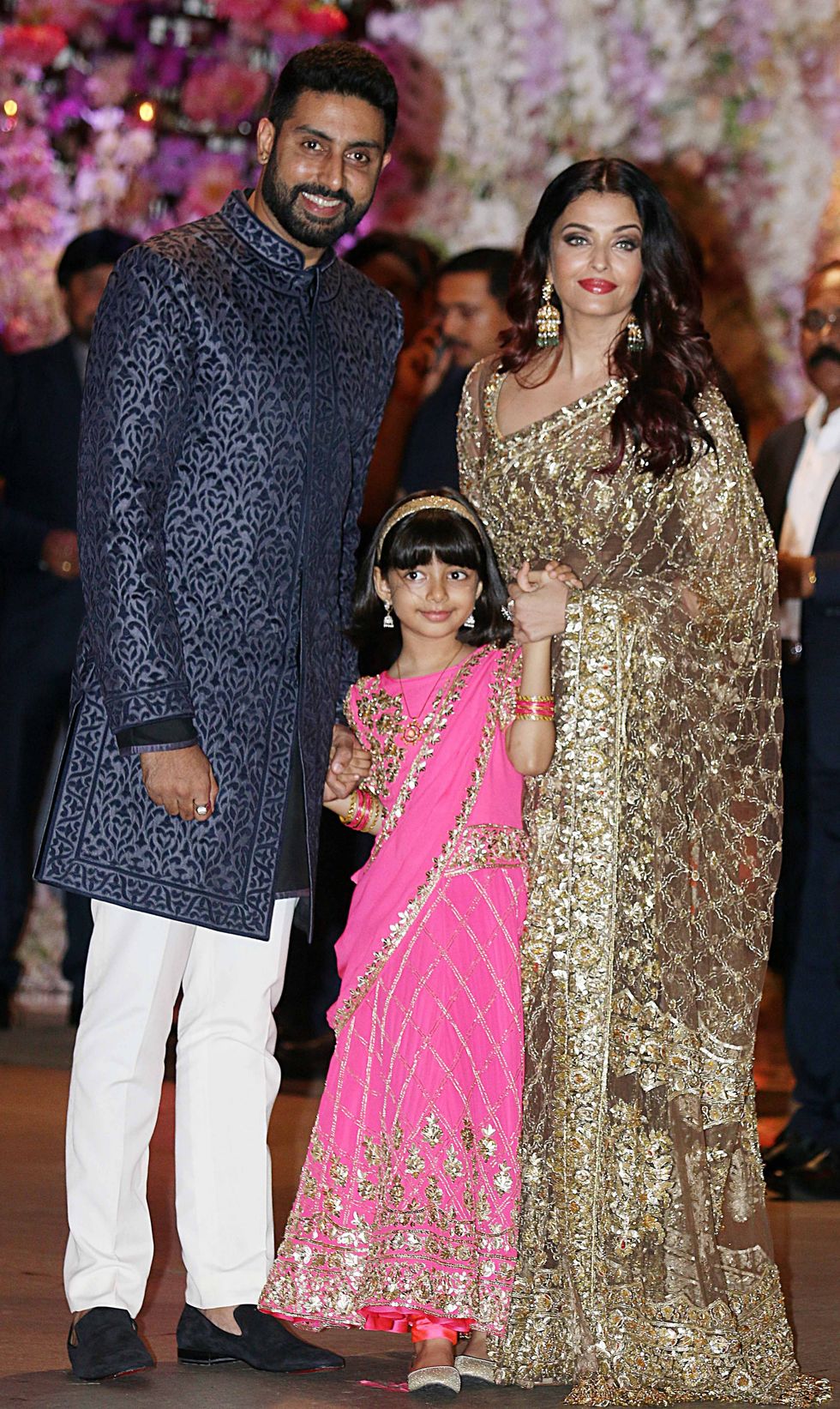 Aaradhya is now taller than Aishwarya says Abhishek in candid interviewGetty Images
Aaradhya is now taller than Aishwarya says Abhishek in candid interviewGetty Images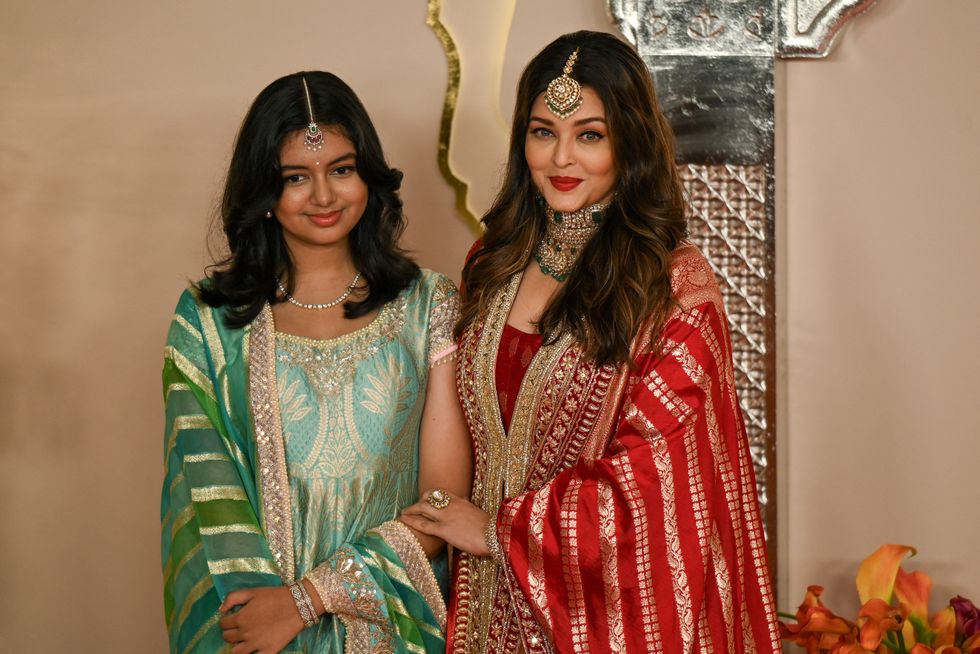 Aishwarya Rai often seen with daughter Aaradhya at public eventsGetty Images
Aishwarya Rai often seen with daughter Aaradhya at public eventsGetty Images










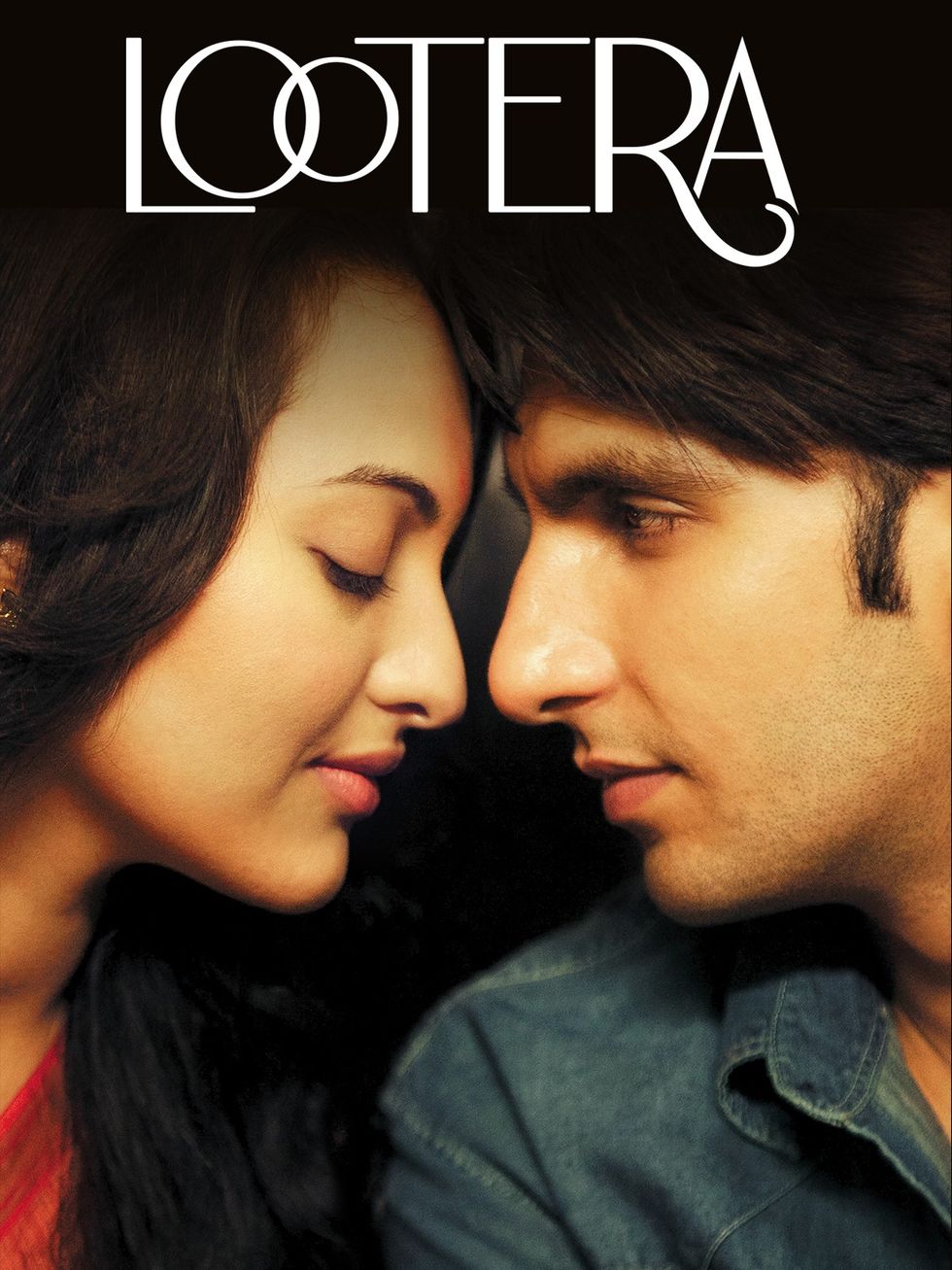 Lootera released in 2013 and marked a stylistic shift for Ranveer Singh Prime Video
Lootera released in 2013 and marked a stylistic shift for Ranveer Singh Prime Video 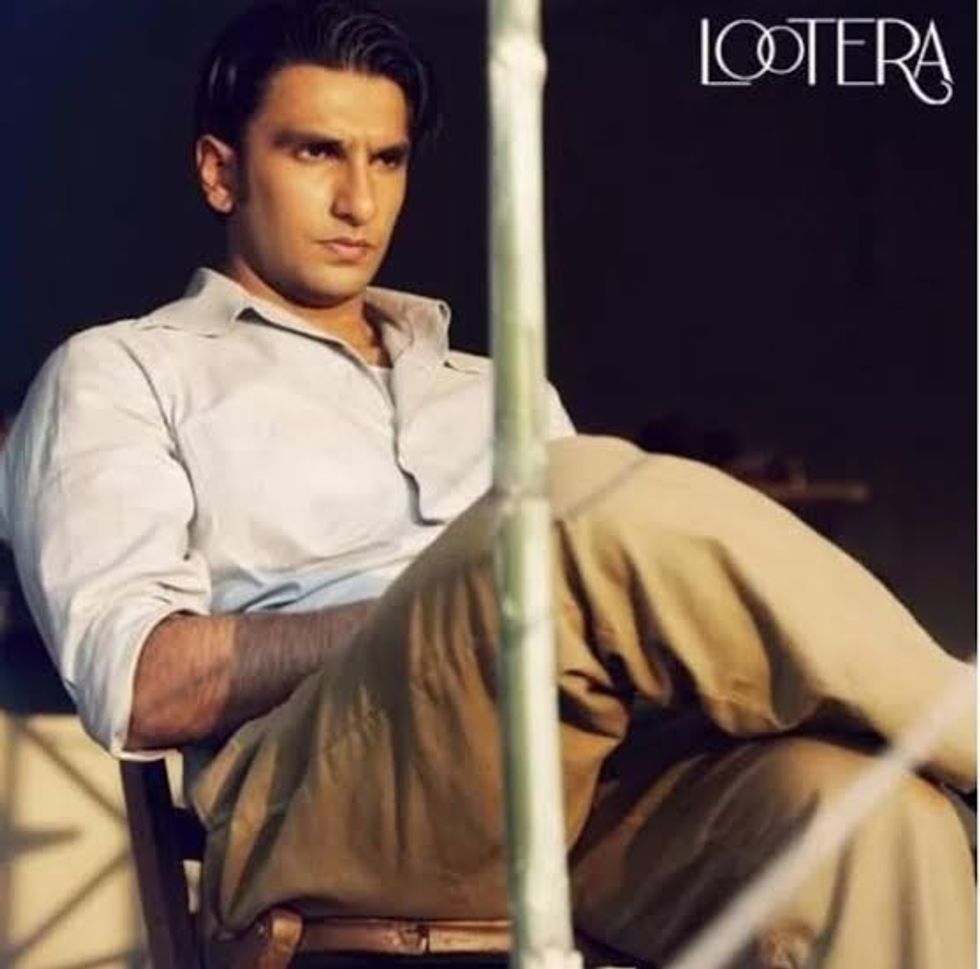 Ranveer Singh’s role as Varun showed he could command the screen without saying much
Ranveer Singh’s role as Varun showed he could command the screen without saying much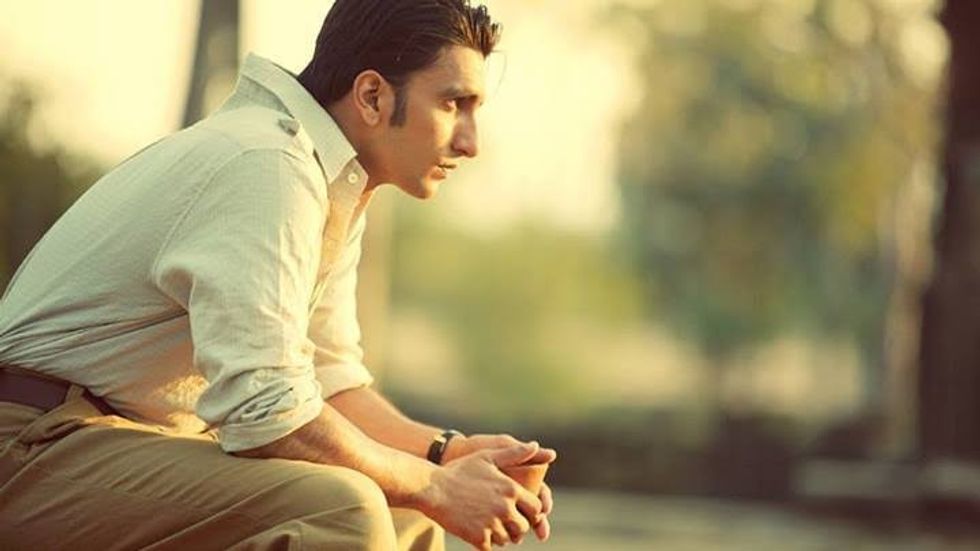 The period romance Lootera became a turning point in Ranveer Singh’s career
The period romance Lootera became a turning point in Ranveer Singh’s career Ranveer Singh’s performance in Lootera was praised for its emotional restraint
Ranveer Singh’s performance in Lootera was praised for its emotional restraint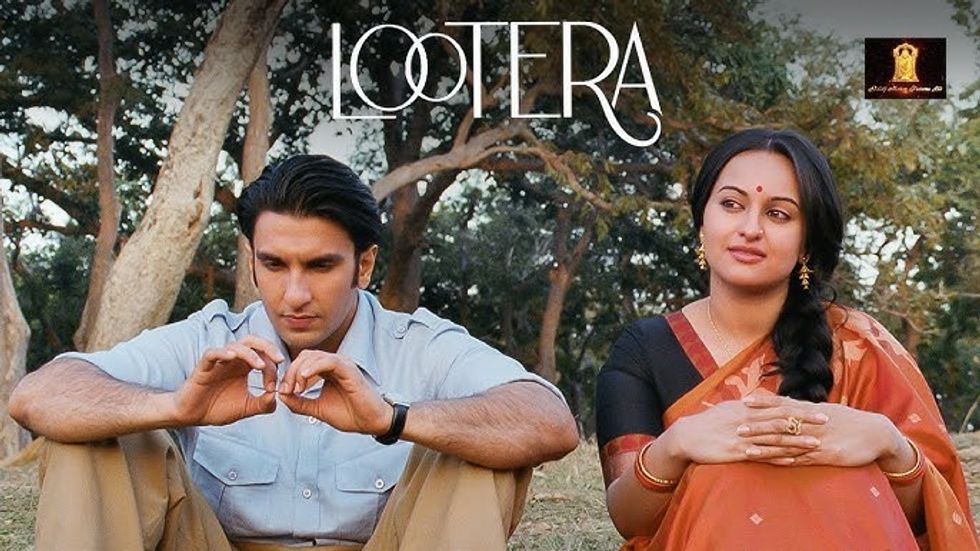 Ranveer Singh and Sonakshi Sinha starred in the romantic drama set in 1950s BengalYoutube/Altt Balaji Motion Pictures
Ranveer Singh and Sonakshi Sinha starred in the romantic drama set in 1950s BengalYoutube/Altt Balaji Motion Pictures  Lootera’s legacy has grown over the years despite its modest box office runYoutube/Altt Balaji Motion Pictures
Lootera’s legacy has grown over the years despite its modest box office runYoutube/Altt Balaji Motion Pictures
